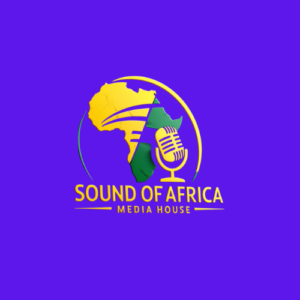Human rights are the rights given to every human being simply because they are human. These include political and economic rights aimed at ensuring dignity in the way a person is treated and respected.

Frederik Diouf Philippe, the leader of the Senegalese organization for human rights education (RESEDHU) under EQUITAS, spoke about how human rights are violated and how they can be protected.
He mentioned that it is challenging to uphold human rights, especially considering factors such as religion, culture, and economics. However, he emphasized that this is the duty of those who advocate for human rights.
He said, “It is difficult, but in our work, we strive to show and educate people to understand their rights and to stand up for them. We must identify the challenges in fighting for human rights to find effective ways to address them.” He added that everyone must work to protect human rights to ensure they are not violated, stressing that those knowledgeable about these important issues should leverage organizations that have the reach, resources, and influence in powerful countries so that the fight for human rights carries significant weight. Everyone should understand their role in achieving this goal.
This was during a three-day training organized by the Human Rights Workers Union (STRADH), which trained various human rights organizations and the media, led by lawyers from Rwanda and international human rights educators from EQUITAS Canada.
Diouf Philippe explained that the struggle for human rights has a long history, and traces of it are found in religious texts. During the time of Jesus, conflicts and wars existed, with people killing others, even though no one has the right to take another’s life. This teaching is also found in the Bible, where many preached, “You shall not kill,” and advocated for the sanctity of life.
He added, “Today, based on the history written after World War II, the Universal Declaration of Human Rights was issued in 1948, calling on all countries to promote and protect human rights.”
He further explained that since the 1948 declaration, many developments have taken place in the fight for human rights, although challenges remain. Many people still do not understand their rights, and others willingly violate them, but visible progress has been made. The journey is ongoing to ensure that everyone values respecting the ideas of others and that human rights are no longer trampled upon.
He emphasized that there has been significant progress in the promotion of human rights, highlighting how women are increasingly being given a voice in various developmental activities. The United Nations (UN) has established mechanisms to monitor whether countries that have signed agreements are truly adhering to them, whereas in the past, countries acted without accountability.
He noted the importance of everyone’s role, particularly the media and human rights organizations, in ensuring that no one is left behind in the struggle for and protection of human rights.
He concluded by saying that African countries have united in advocating for the principles of the 13th-century Mali Charters, which emphasized African unity in defending the rights of the continent, as it is often influenced by external factors.
African countries have implemented the African Charter on Human and Peoples’ Rights to ensure that everyone is included, as some people feel left out when human rights are discussed.
In conclusion, he called on human rights organizations to collaborate with governments, rather than opposing them, as is sometimes the case, to find better ways and strengthen the fight for human rights.






